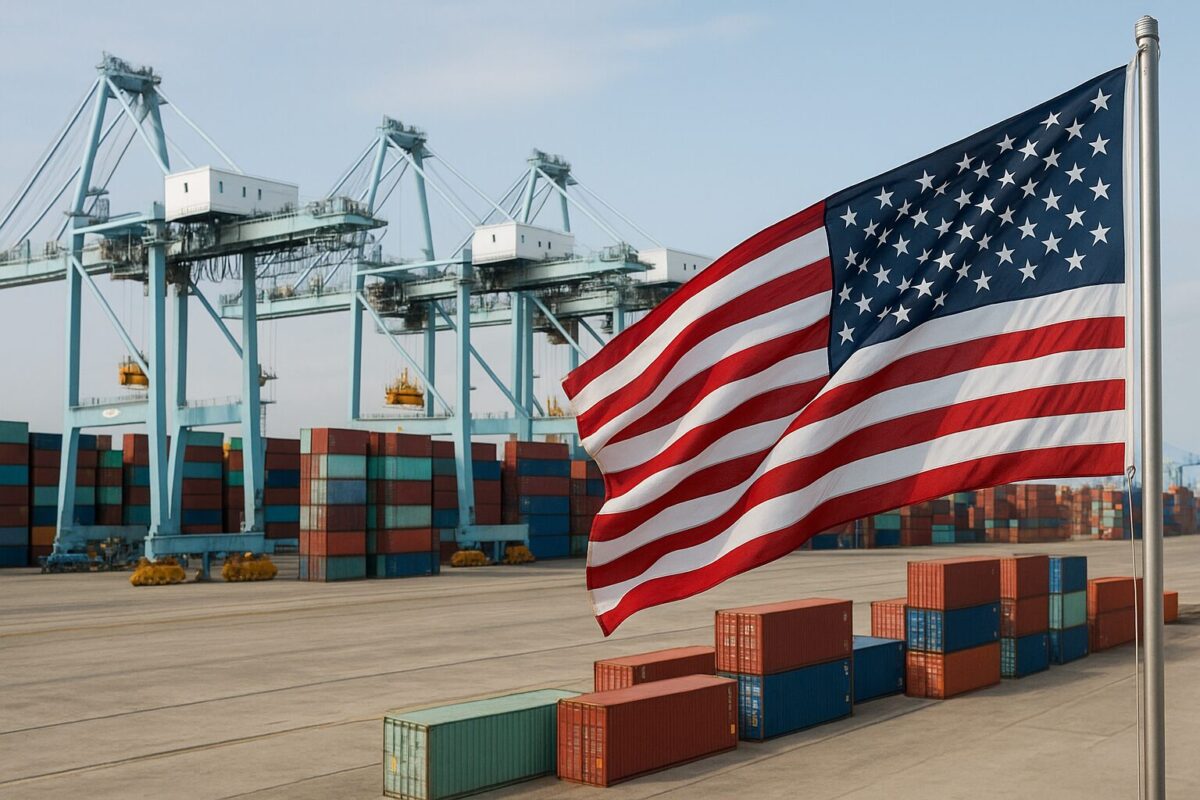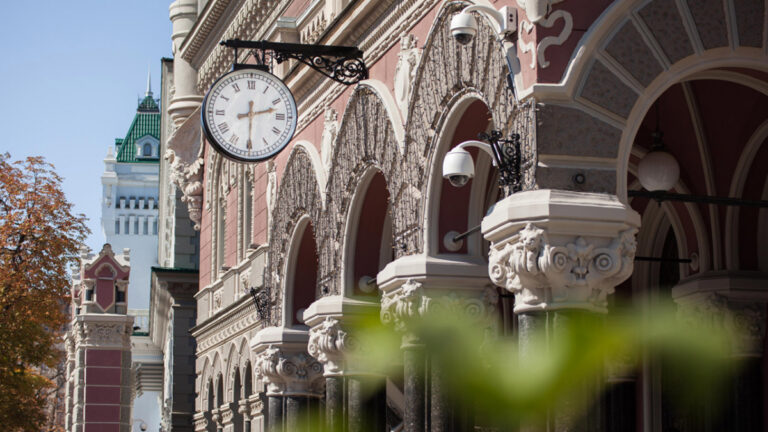
The US Launches a New Wave of Trade War: What Will Change for the World and Ukraine
At the beginning of July 2025, US President Donald Trump publicly announced: in the coming days, America will notify dozens of countries about tariff hikes, and by August 1, new rates will take effect. This concerns not only China but also India, Thailand, Vietnam, EU countries, and almost a hundred other states. In parallel, Washington is actively promoting new trade agreements with key partners.
What do these decisions mean for the global economy, why is the White House once again choosing a strategy of tough protectionism and how will this affect markets, businesses, and Ukraine?
What Exactly Is Happening: Key Facts
- New tariffs:
Trump announced an increase in the base import duty rate to 10% for most countries, with the possibility of additional duties up to 50% for specific goods or countries.
Higher tariffs will apply to those countries that do not agree to the new US terms.
The decision is expected to be officially announced by July 9, and tariffs will take effect from August 1. - Trade diplomacy and deadlines:
Immediately after the announcement, the Trump administration started a “race for concessions”: countries are being offered to agree to new deals or provide access for American goods otherwise, tariffs will rise automatically.
According to White House advisers, negotiations are ongoing with India, the EU, Vietnam, Thailand, as well as with several BRICS countries.
Countries with minor trade turnover with the US will receive official letters about the tariff increase. - Final stage of negotiations:
With some partners for example, the UK and Vietnam “framework” agreements have already been reached, which will serve as models for other countries.
India and the US, according to Indian media, may finalize a mini-deal in the next two days.
Why the US Is Choosing This Approach
- Reasons for new protectionism:
The main goal of the policy is to reduce the trade deficit, bring manufacturing back to the US, and “force” countries with large exports to America to open their markets to US goods and services.
Trump avoids the formula of “free trade for all” and directly states: America must defend its own interests and dictate terms when the economy requires it. - Political context:
The decision on new duties is made against the background of a race for control over global supply chains and attempts to reduce dependence on China, BRICS, and countries that “act against American interests.”
The new tariff ultimatum is intended to create short-term pressure but also to send a “message” to domestic voters ahead of upcoming elections.
How US Trade Partners Are Reacting
- Negotiations and concessions:
Thailand, in order to avoid a 36% tariff, is already agreeing to open its markets to American goods, increase purchases of US energy and Boeing aircraft.
India is ready to make partial concessions for the sake of a “mini-deal” with the US.
EU countries are negotiating to soften new duties but demand that deals not be one-sided. - Public criticism:
BRICS leaders at their summit stated that the US tariff increases threaten global trade and called for reforms of global institutions.
The EU and Asian countries criticize Washington for “blackmail” and undermining WTO principles, but at the same time are preparing their own concessions.
What This Means for the Global Economy
- Global consequences:
If the US raises duties for a broad range of countries, this will be a new blow to the principles of open trade and may lead to a new wave of “trade wars,” slower growth, and rising import prices.
Weaker economies dependent on exports to the US may lose profits and will be forced to reorient to other markets. - For Ukraine:
For Ukraine, the direct impact of the new US tariff policy is limited, since trade volumes with the US are relatively small.
However, Ukrainian exporters should monitor changes for example, in the grain, agricultural, or metallurgical sectors, which may face new challenges and risks if global tariffs rise.
Why the Situation Looks Tense But Not Critical
Most countries are seeking to reach agreements with the US before August to avoid automatic tariff increases.
However, experience from previous trade wars shows: such ultimatums can become both a starting point for compromise and a real threat to trust in global trade.
When the economic policy of the world’s largest economy becomes a tool of political pressure, the global system enters a zone of turbulence.
But even in such conditions, flexible countries can benefit: whoever quickly reorganizes their markets and secures access will get new opportunities.














